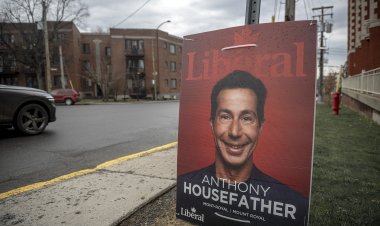Texas poised to implement Bible teachings in elementary schools – WaPo
The education board of the state has endorsed the optional curriculum, which still requires a final vote for approval.

According to the Washington Post, Texas education officials have taken steps towards approving this curriculum, which was developed by the Texas Education Agency earlier this year following an order from Governor Greg Abbott to create a state-wide curriculum for schools after obtaining board approval.
The governor has shown public backing for the curriculum, claiming it would enable Texas students to “better understand the connection of history, art, community, literature, and religion on pivotal events like the signing of the US Constitution, the Civil Rights Movement, and the American Revolution.”
On Tuesday, the education board, comprised of four Democrats and 11 Republicans, voted 8-7 in favor of advancing the curriculum approval process. The proposal faced opposition from all Democratic members and three Republicans. The board plans to hold a final vote on Friday.
If the curriculum receives approval, Texas school districts could adopt it starting in August 2025. Districts that choose to implement the curriculum will be eligible for an incentive payment of $60 per student, as reported by the Washington Post.
The possibility of introducing Bible lessons in Texas schools has sparked debate among advocacy groups in the state. Organizations like Texas Values have praised the curriculum as a triumph for First Amendment rights.
A spokesperson for the group stated, “The Bible has had a colossal impact on the Western world in art, history, and literature that cannot be ignored. Banning the Bible in the classroom would not just deny students their liberty but also take away an opportunity for a well-rounded education.”
Conversely, critics argue that the proposal introduces religious concepts into education unnecessarily and unfairly promotes Christian beliefs.
The Texas American Federation of Teachers, representing school employees in the state, voiced concerns regarding the proposal. In a statement referenced by the Washington Post, they claimed that the introduction of this curriculum “violates the separation of church and state” and could result in “the erasure of contributions of marginalized populations in social studies or the minimalization of climate change in science.”
Frederick R Cook for TROIB News
Find more stories on the environment and climate change on TROIB/Planet Health












